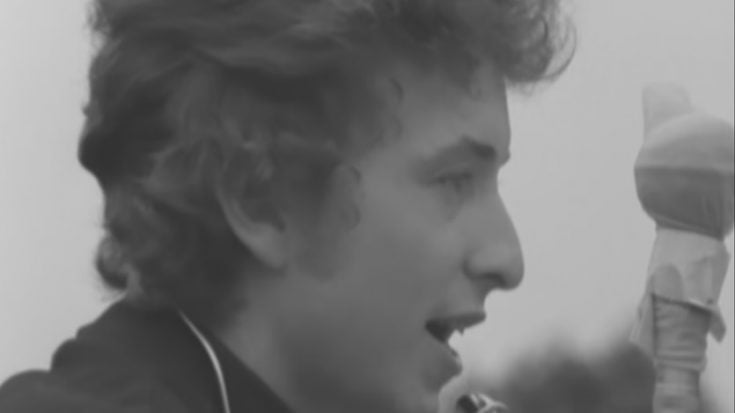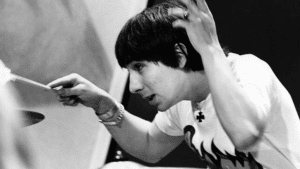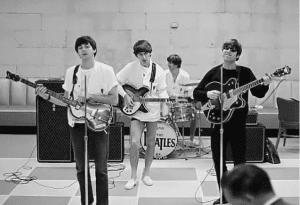Bob Dylan Had The Most Simple Reason On Being A Songwriter

Bob Dylan - Bob Dylan / Youtube
Bob Dylan, hailed as the greatest songwriter of all time by millions, never dreamt of becoming the poetic voice of his generation. Instead, he stumbled into the realm of songwriting for a simple reason that ignited a legendary career. Unlike many aspiring musicians who harbor dreams of creating music from an early age, Dylan’s journey to becoming an iconic songwriter was a unique one, driven by a profound belief that he had something significant to say.
Embracing the Creative Unconscious: A Place of Escape and Inspiration
Dylan’s early career saw him singing songs written by others, content with interpreting the works of different songsmiths. However, the turning point in his life came when he realized he had a message that deserved to be heard. To create his profound pieces, Dylan tapped into the power of his subconscious, where many of his most beloved songs found their origins. An example of this is ‘Señor (Tales of Yankee Power)’ from his 1978 album Street-Legal.
In an interview with Scott Cohen in 1985, Dylan eloquently described his approach to songwriting:
“The best songs are the songs you write that you don’t know anything about. They’re an escape.”
For him, songwriting was not about imaginative storytelling; it was about channelling emotions, thoughts, and experiences that he couldn’t fully comprehend.
Dylan then used Edgar Allen Poe as an example of a writer who could write about an event he’d not experienced, which can still successfully translate to somebody who has been through the ordeal he described.
He continued:
“Now, I don’t think that’s an illegitimate way to go about things, but then you got someone like Herman Melville who writes out of experience–Moby Dick or Confidence Man. I think there’s a certain amount of fantasy in what he wrote. Can you see him riding on the back of a whale? I don’t know. I’ve never been to college and taken a literary course. I can only try to answer these questions because I’m supposed to be somebody who knows something about writing, but the actual fact is, I don’t really know that much about it.”
The Blend of Fantasy and Experience: A Personal Journey in Song
Reflecting on the work of other writers, Dylan highlighted the contrasting approaches of Edgar Allen Poe and Herman Melville. While Poe could write about experiences he hadn’t encountered, Melville’s work was steeped in his own lived experiences. In Dylan’s view, both methods were valid, and he found his artistic voice through a blend of fantasy and personal encounters.
Dylan’s songwriting journey wasn’t a deliberate path he had charted for himself. He started writing because he felt the need to sing about the ever-changing world around him, creating songs that demanded to be written. His songwriting became a natural extension of his passion for singing, and it was the authentic expression of his unique perspective on current events that set him apart from others.
Dylan powerfully concluded:
“I don’t know what there is to know about it, anyway. I began writing because I was singing. I think that’s an important thing. I started writing because things were changing all the time, and a certain song needed to be written. I started writing them because I wanted to sing them. If they had been written, I wouldn’t have started to write them.”
An Unforeseen Destiny: Stumbling Into Songwriting
For Dylan, the act of songwriting was never a premeditated choice but rather a serendipitous discovery. He stumbled into this transformative art form, unknowingly opening the door to a career that would redefine music history. Reflecting on this unexpected path, he shared:
“I stumbled into it, really. It was nothing I had prepared myself for.”
Dylan’s songs became a powerful platform for addressing pressing issues, unspoken thoughts, and the complexities of the human experience. As he found his voice, he embraced the weight and responsibility of being a singular voice in the musical landscape.












